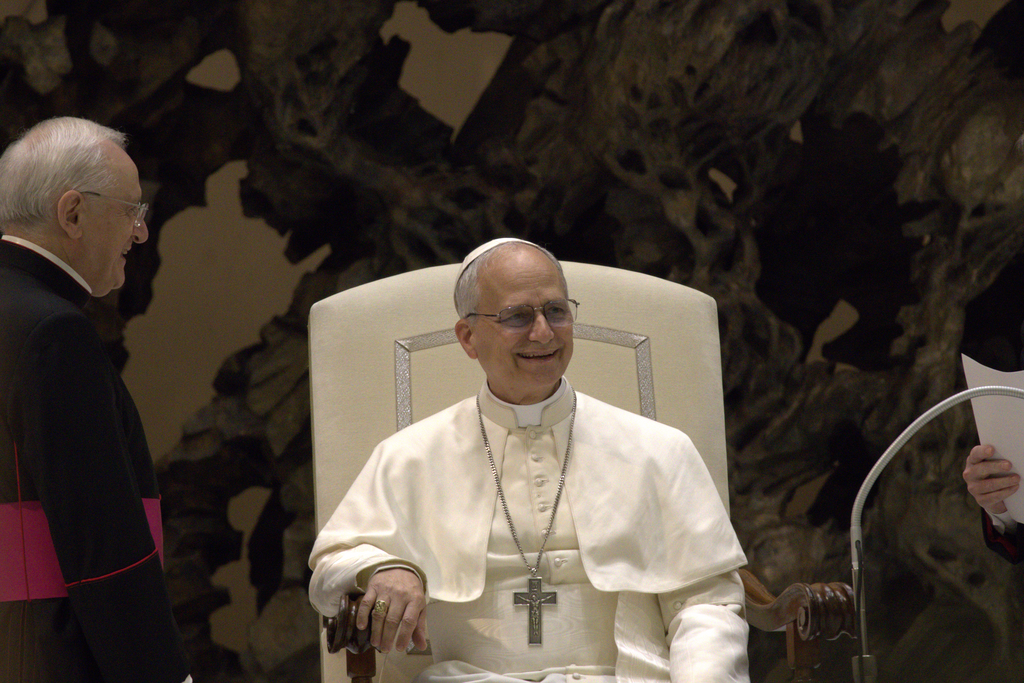Lebanon and Türkiye are witnessing an extraordinary surge in travel interest as both nations prepare to welcome Pope Leo XIV for his first overseas journey. Scheduled from 27 November to 2 December, the visit will commemorate the 1,700th anniversary of the Council of Nicaea, beginning in Türkiye before continuing to Lebanon. For two nations navigating complex economic and social recoveries, the event promises not only spiritual significance but also a powerful catalyst for tourism revival and international visibility.
In Türkiye, anticipation is highest around İznik – ancient Nicaea – where the Pope will mark the anniversary of one of Christianity’s defining historical moments. Travel operators have already expanded heritage routes linking İznik, Istanbul, and Cappadocia, targeting both religious and cultural tourists. Hotels across the Marmara region are reporting a marked rise in bookings, and regional authorities are coordinating closely with security and transport agencies to accommodate thousands of visitors expected during the late November ceremonies.
Lebanon’s segment of the trip carries a different yet equally potent resonance. The papal visit comes at a time when the nation continues to rebuild trust and infrastructure following years of economic turbulence and the aftermath of the Beirut port explosion. Tour operators are curating pilgrimage itineraries that blend religious observance with heritage exploration, from the iconic churches of Byblos to the monasteries of the Qadisha Valley. The renewed global attention has also prompted investment in hospitality upgrades, particularly around Beirut and key religious sites.
However, both countries face logistical challenges. In Lebanon, infrastructure fragility and political uncertainty could strain the ability to manage large visitor volumes, while Türkiye’s coordination efforts must balance heightened security needs with seamless tourist experience. Airlines, travel agencies, and local authorities are moving swiftly to mitigate disruptions through capacity expansion and crisis preparedness planning.
Beyond the immediate tourism boom, the papal visit carries deeper implications for regional image-building. For Lebanon, it is an opportunity to reaffirm its identity as a cradle of interfaith coexistence; for Türkiye, a chance to strengthen its profile as a bridge between East and West. Together, the two nations stand to benefit from a renewed wave of faith-based and cultural tourism, positioning the Papal journey not merely as a spiritual milestone, but as a turning point in restoring confidence and connectivity across the Eastern Mediterranean.


